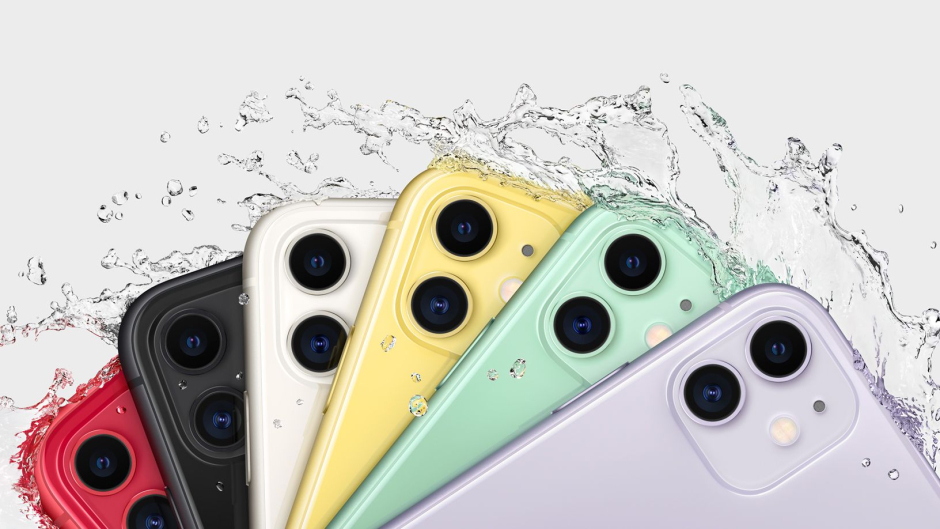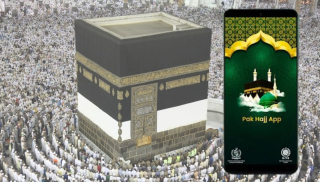iPhone enthusiasts are getting ready to replace their devices with Apple recently announcing the iPhone 14 series as the holiday season approaches. Buyers are certain to stumble across phrases like IP67 and IP68 in the tech-specs section while investigating their next purchase. While the majority of tech-savvy purchasers understand what these phrases entail, a significant proportion does not.
These figures, for someone who’s not aware, represent the water resistance capabilities of smartphones and wearables. Higher numbers typically equate to greater resistance to water and dust. IP ratings, which are issued by the International Electrotechnical Commission (IEC), have become increasingly ubiquitous in the world of electronics. Most consumer electronics companies now advertise the IP ratings of their goods in their advertising efforts.
Apple has long advocated for displaying the IP ratings of its iPhones on its website. While all Apple iPhones sold now are water resistant, this wasn’t the case until 2016 – when Apple released the iPhone 7 series. These were the first iPhones that have an IP rating. While certain iPhone models offered today have water-repellent certifications, these gadgets do not all provide the same level of protection from liquids.
Most iPhone models available today, from the iPhone 12 series to the most recent iPhone 14 series, are IP68 water and dust-resistant. These smartphones have more IP68 protection than prior IP68-rated iPhone models such as the iPhone 11 Pro and iPhone 11 Pro Max.
While the iPhone 12, iPhone 13, and iPhone 14 lineups are IP68 rated to a depth of 6 meters, the iPhone 11 Pro lineup is only IP68 rated to a depth of 4 meters. Even though the iPhone 11 models are IP68 certified, they are only water resistant up to a depth of 2 meters (via Apple).
The only current Apple iPhone model with a lower IP rating is the company’s third generation iPhone SE model, which is nonetheless IP67 qualified for ingress protection. As a result, the third-generation iPhone SE model can only travel up to 1 meter deep and stay there securely for up to 30 minutes.
Despite claims about the water-resistance qualities of its latest devices, Apple does not cover liquid damage under warranty. As a result, it is advised to use caution when using your iPhone near water. For those who want to learn more, Apple offers a dedicated page that explains the various water-resistant features of its entire line of handsets, beginning with the iPhone 7.
Read:
Apple is reportedly working on iPhone 11’s display to work in water
The latest iPhone will be waterproof and have wireless charging
iPhone 11 works perfectly after spending three weeks at the bottom of a frozen lake













